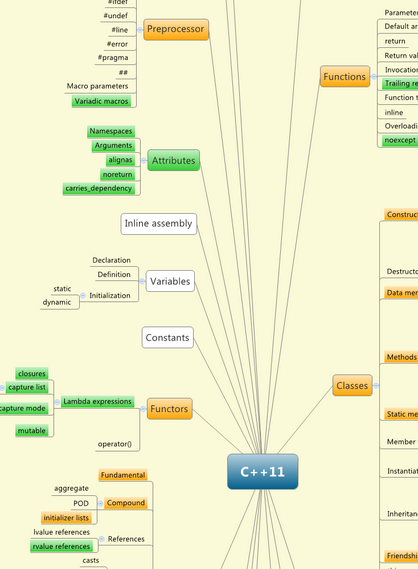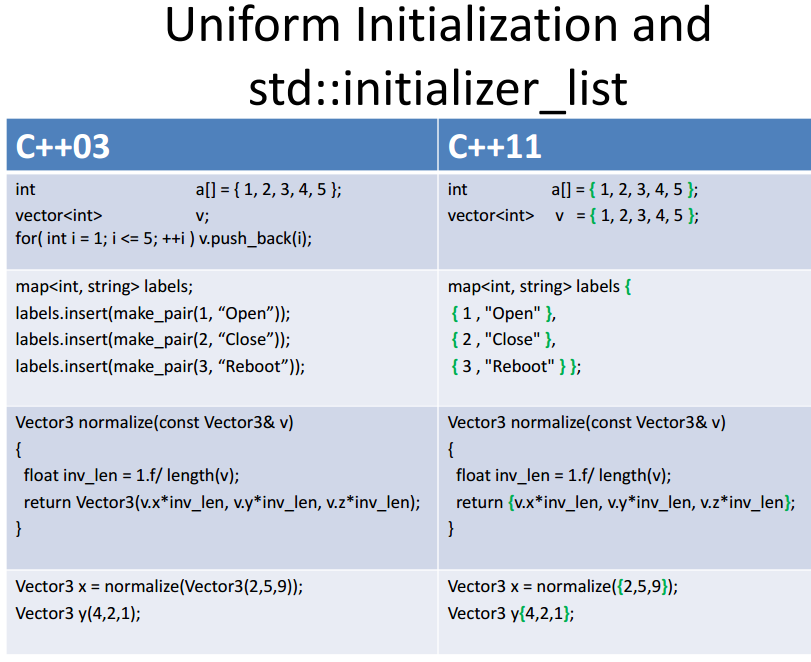Stroustrup's Tour of C++: Third chapter posted
 Part 3 of Bjarne Stroustrup's draft Tour of C++ is now available. This material is a preview draft of Chapter 4 of Stroustrup's upcoming The C++ Programming Language, 4th Edition.
Part 3 of Bjarne Stroustrup's draft Tour of C++ is now available. This material is a preview draft of Chapter 4 of Stroustrup's upcoming The C++ Programming Language, 4th Edition.
A Tour of C++, Part 3: Containers and Algorithms
by Bjarne Stroustrup
Stroustrup writes:
No significant program is written in just a bare programming language,
it would be too tedious.However, just about any task can be rendered simple by the use of good libraries.
This third chapter of my tour of C++ begins the presentation of the standard library, which is about half of the C++ standard.
Constructive comments would be most welcome.







